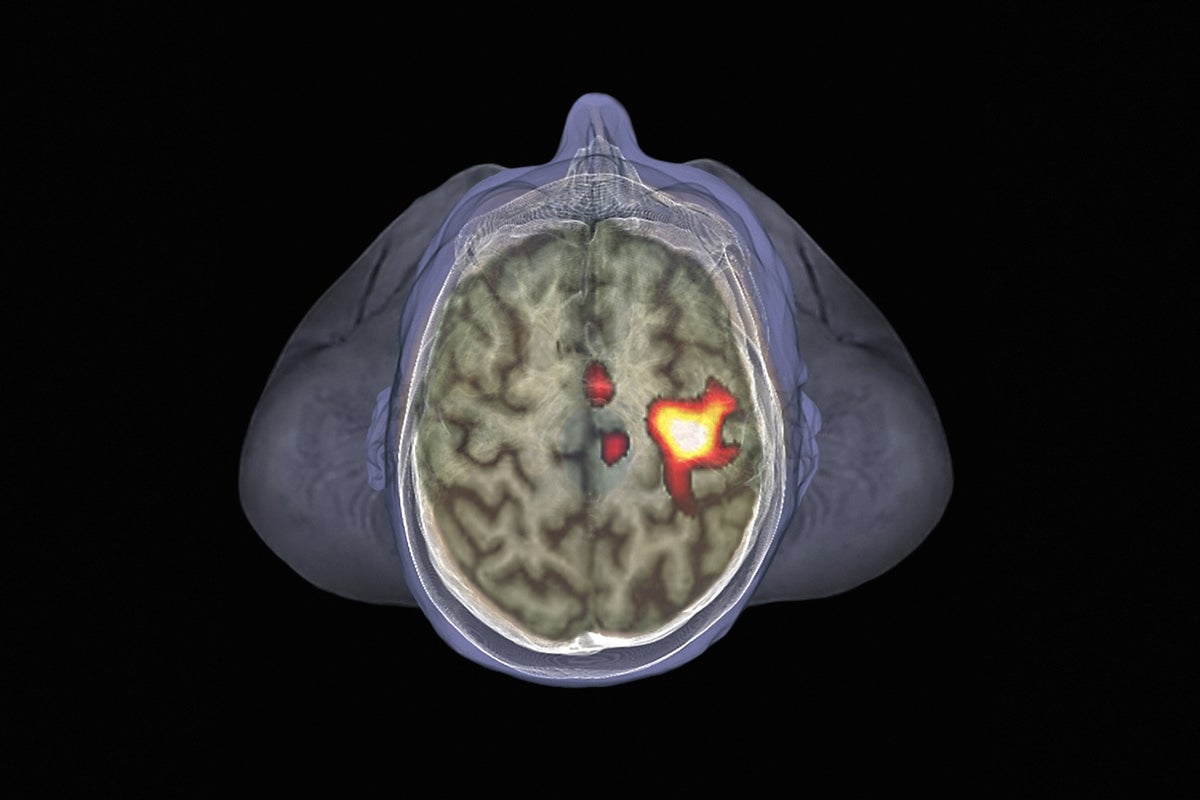Now Reading: How the Brain Detects Illness-Even When It’s Imagined
-
01
How the Brain Detects Illness-Even When It’s Imagined
How the Brain Detects Illness-Even When It’s Imagined

Speedy Summary
- A study reveals that the human brain triggers immune cell activity upon seeing symptoms of illness, such as coughs or rashes, in virtual avatars.
- participants used VR headsets (Oculus Rift) to view human avatars displaying signs of being sick. Healthy control avatars were also included for comparison.
- Brain scans and blood tests showed increased activation in the brain’s salience network and innate lymphoid cells – key components of immune defense – when exposed to infectious avatars.
- The immune response exhibited by participants mirrored that seen in individuals given an influenza vaccine in a separate group.
- This research highlights coordination between the brain and immune system, with potential applications for enhancing vaccine efficacy through VR-induced immune activation.
Indian Opinion Analysis
The study’s findings spotlight intriguing implications for medical science globally-India included. As a country grappling with infectious diseases and vaccine advancement challenges, integrating technology like virtual reality into immunological research could offer pathways toward improving public health outcomes. As a notable example, if VR can preemptively activate immune responses similar to vaccines, it may provide innovative strategies to extend protection against infections.
Moreover, leveraging cutting-edge tools tied to neuroscience would further India’s strides toward fostering interdisciplinary collaborations between medicine and technology sectors-a growing imperative given its large population’s demand for advanced healthcare solutions. These insights underscore not only scientific progress but also adaptive opportunities within India’s rapidly evolving healthcare framework.























